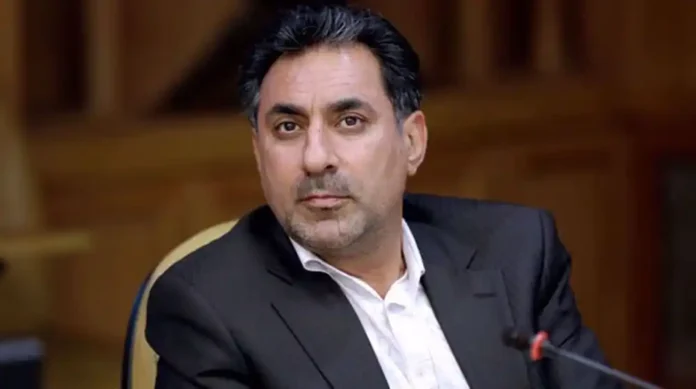Tehran, July 25, 2024 — Iran has issued a stern warning to Russia regarding its participation in the Rasht-Astara railway project, emphasizing that Russia’s role could be jeopardized if it fails to provide a crucial loan needed to complete the infrastructure.
Deputy Iranian Transportation Minister Kheirollah Khademi announced on Wednesday that Russia’s involvement in the ambitious Rasht-Astara railway project, a vital link in the International North–South Transport Corridor, hinges on Moscow’s ability to deliver a significant loan at a favorable interest rate.
According to Khademi, the planned 162-kilometer railway connecting Rasht and Astara along the Caspian Sea is highly dependent on the financial support from Russia. “The presence of Russia in the Rasht-Astara railway will be basically meaningless if we cannot use the Russian loan,” Khademi stated in remarks published by ILNA news agency.
The Iranian official indicated that Iran might explore alternative financial mechanisms, including oil barter, to secure the necessary funding if Russia does not fulfill its commitment. This potential shift in financial strategy underscores the critical nature of the loan for the project’s progress.
Khademi also noted that while Russia would be responsible for some operational aspects of the project, their continued involvement would be contingent upon competitive pricing for the services they provide. “The involvement will depend on whether they offer good prices for the works they will do,” Khademi explained.
Iran has indicated that a substantial portion of the railway’s construction will be handled by Iranian entities. Despite this, the role of Russian firms remains pivotal, contingent on the finalization of a contract and the pricing details yet to be confirmed.
The deputy minister acknowledged that preliminary pricing submitted by Russia for the project was satisfactory and aligned with internationally accepted norms. However, the formal contract has yet to be signed, and the final agreement will depend on Russia’s ability to offer favorable terms.
The Rasht-Astara railway is positioned as a crucial segment of the International North–South Transport Corridor, a major global trade route designed to connect India, Iran, Russia, Azerbaijan, and other nations through a network of railways and maritime routes. This corridor aims to offer a competitive alternative to the and bolster trade connectivity between these regions.
Both Iran and Russia have emphasized the strategic importance of the railway, which is expected to enhance trade and transport efficiency across multiple countries. However, the future of the project now hinges on Russia’s financial commitment and the finalization of the terms of engagement.
As negotiations continue, the Iranian government remains hopeful that an agreement will be reached, ensuring the successful completion of the Rasht-Astara railway and reinforcing the ambitious goals of the International North–South Transport Corridor.

